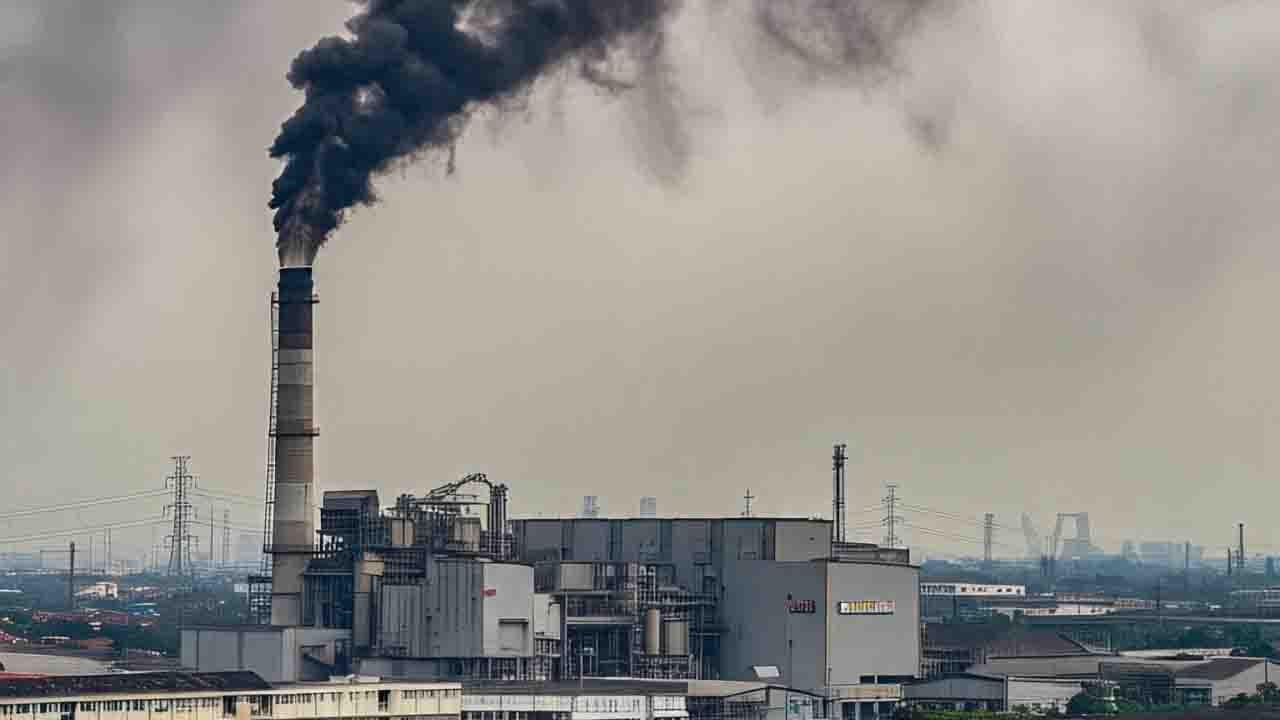
Resilienceapac – Southeast Asia is falling short of its 2030 emissions reduction targets, according to a recent joint study conducted by Bain & Company, GenZero, Google, Standard Chartered, and Temasek. The report reveals that the majority of Southeast Asian and Asia-Pacific countries are unlikely to meet their climate goals within the decade, with emission gaps expected to widen through 2040 and even 2050.
Despite growing awareness and policy efforts, the region still faces major obstacles in transitioning away from fossil fuels. Energy demand continues to rise alongside rapid urbanization and industrial growth, while clean energy investments and infrastructure development lag behind. As a result, Southeast Asia risks not only environmental damage but also the long-term sustainability of its economic growth.
However, the report also highlights a significant opportunity. If Southeast Asia embraces a green economic transition, the region could unlock an additional US$120 billion in GDP growth and generate over 900,000 new jobs by mid-century. These gains would come from sectors like renewable energy, sustainable transportation, green manufacturing, and climate-smart agriculture.
“MacBuff Spectral Comeback – Comedy Meets Horror”
The potential economic boost illustrates that climate action is not only an environmental imperative but also a smart economic strategy. Shifting toward a low-carbon model could strengthen Southeast Asia’s global competitiveness and build resilience against future crises.
To close the emissions gap, both public and private sectors must act urgently. The study urges governments to implement stronger climate policies, streamline regulations, and offer incentives for sustainable investment. Equally, the private sector must accelerate its role in innovation, financing, and deploying scalable green technologies.
Regional cooperation is also essential. Southeast Asian countries must align their strategies and share best practices to build a unified, low-carbon economy. The path to sustainability remains open, but time is limited. Bold decisions made now will shape the region’s environmental and economic future.
“”AI Is Not Everything: The Human Role Remains Vital in Logistics””
Resilience APAC: Asia-Pacific Hub for Reform - industrial policy trends shaping economic landscapes worldwide are playing a crucial role in…
Resilience APAC: Asia-Pacific Hub for Reform - Boardrooms now menilai seberapa siap perusahaan menghadapi risiko iklim, sehingga climate resilience metrics…
Resilience APAC: Asia-Pacific Hub for Reform - Companies worldwide now see circular logistics reducing waste as a core strategy to…
Resilience APAC: Asia-Pacific Hub for Reform - A new airport climate adaptation study highlights how rising temperatures, sea-level rise, and…
Resilience APAC: Asia-Pacific Hub for Reform - Industrial companies increasingly use industrial renewable energy strategies to protect operations from price…
Resilience APAC: Asia-Pacific Hub for Reform - As climate risks intensify, climate resilience heavy industry strategies are rapidly shifting from…